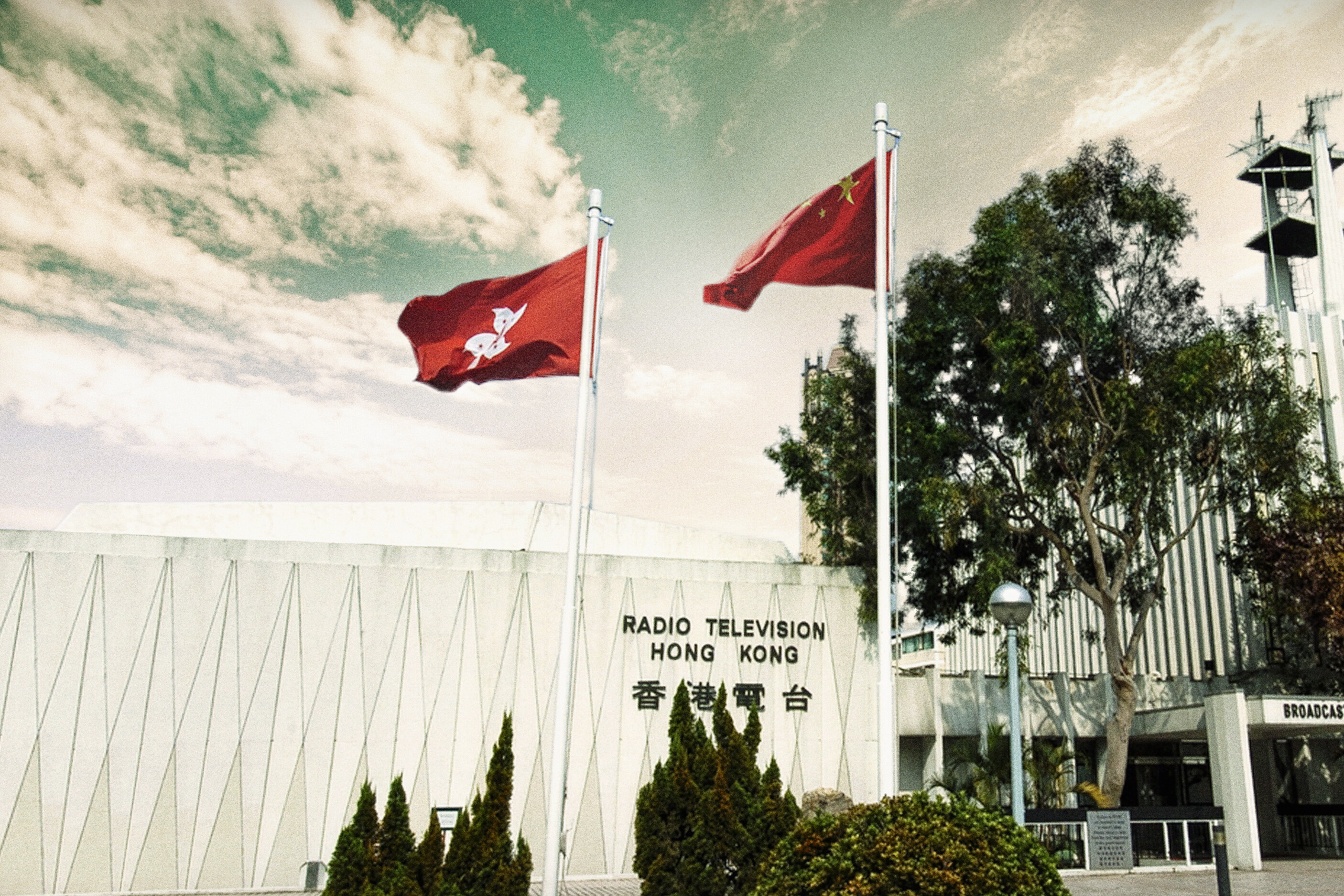Hong Kong’s public broadcaster will soon end its BBC World Service 24-hours relay, replacing it with China’s state radio channel.
After nearly 40-years, BBC World Service will mostly cease to be part of Radio Television Hong Kong (RTHK)’s main radio programme offering. The channel now will be, for the most part, replaced with the mainland’s China National Radio (CNR).
The move comes after a review conducted on March 28 last year, when the Hong Kong government decided that Digital Audio Broadcasting (DAB) services would be axed due to lack of demand and to keep up with contemporary trends in broadcast technology. Following this decision, RTHK released on Friday a new programming schedule, which will be implemented from 4 September.
One of the programmes affected by the new schedule is BBC World Service, which has been broadcast live on RTHK Radio 6 on AM frequency since 1978. The programme will now be relayed from 11pm to 7am on RTHK Radio 4, which broadcasts in FM frequency.
“Starting from 2012, the year that RTHK started to have DAB service, CNR Hong Kong Edition was requested to tailor-made to Hong Kong for cultural exchange between Mainland China and Hong Kong,” said Amen Ng, head of communications at RTHK, to the Public Media Alliance. “With respect to the decision on 28 March, RTHK has to keep the radio services back to 7 channels. Under the limited frequencies, and consideration of manpower and audience profile, BBC World service has to be shortened to 8 hours.”
RTHK Radio 3 and English news will continue to intermittently broadcast BBC’s international news to a Hong Kong audience, and interested viewers will still be able to access BBC news online. But the move has raised concerns about press freedom and growing state influence in the semi-autonomous province. As reported by The Guardian, some listeners see the move as a way of restricting access to reliable and alternative information.
“This just proves how political consideration and Chinese forces are eroding press freedom,” said the activist Joshua Wong.
However, according to RTHK, keeping China National Radio was necessary to maintain a cultural relationship between Hong Kong and the mainland.
“This channel is tailor made for RTHK when we first introduced DAB, and it can enhance the cultural exchange between the mainland and Hong Kong,” Ng said.
CNR programmes will focus on news, finance, arts, culture and lifestyle predominantly in Mandarin, with some content in Cantonese.


